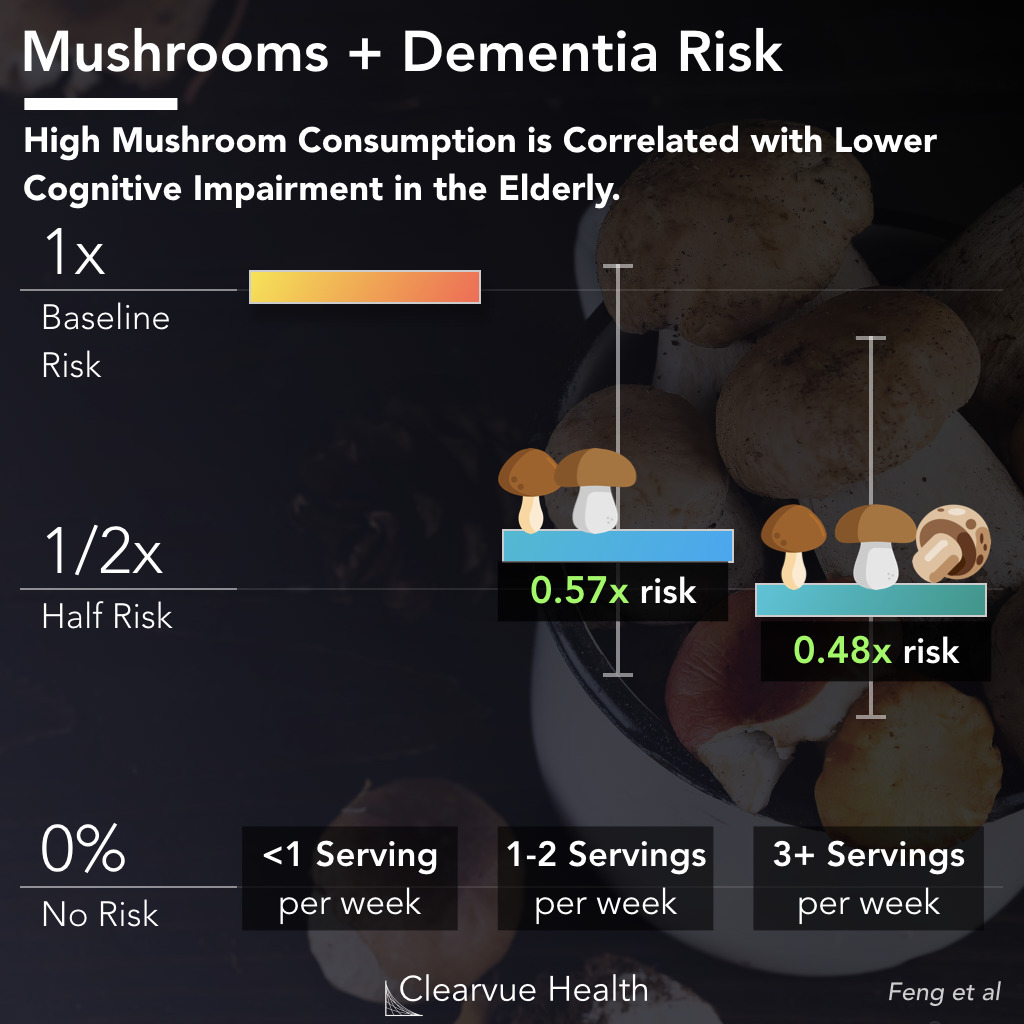Your brain is not only the most complex organ in your body, but it’s also the “most complicated object in the known universe”. And it’s just sitting on your shoulders! Unfortunately it’s complexity doesn’t make it invincible.
What are Neurodegenerative Diseases?
Like a lot of organs in your body, as you start to get older, your brain can fall ill sometimes too. These illnesses can prevent your brain from operating the way it’s supposed to. Over the course of several months or years, a person affected by a neurodegenerative disease may begin to experience many different problems.
Your brain controls everything you say, do, feel, and remember, it’s the part of your body that makes you, you. So somebody with a brain disease may not seem like the same person they used to be. They could start having trouble remembering, thinking, conversing or seeing things the way they used to. Or start doing and saying things that seem really out of character. Doctors use the word dementia to describe these different problems.
Alzheimer’s disease is the most common cause of dementia. There are approximately 44 million people worldwide living with Alzheimer’s. In the U.S. alone there are an estimated five-hundred-thousand new cases of dementia every year. Despite the advancement of medication, the management of these diseases has remained largely ineffective. So now scientists are looking into alternative treatments through the use of nutraceuticals (foods that have medical benefits), including mushrooms.
Did You Say Mushrooms?!
As crazy as it sounds, scientist have found that some species of mushrooms contain rare compounds that can positively affect human brain cells. An experimental study out of Singapore has linked mushroom consumption to a lowered risk of Cognitive Impairment, such as dementia.
Over the course of six months, researchers in this study observed 663 Singaporeans aged 60 and older to see how weight-reduction affects the onset of old-age related illnesses. They unexpectedly discovered that the people who ate more mushrooms were showing fewer signs, and therefore had a lower chance of developing a Cognitive Impairment.
The scientists then adjusted their controls to account for variations in age, gender, past medical history, and etc. Even after applying these changes, researchers found that the individuals who ate more than three servings of mushrooms a week, had approximately half the risk of cognitive impairment when compared to those who didn’t regularly consume mushrooms.
Researchers recorded strong evidence that supports the claim that eating mushrooms can lower your rate of developing a neurodegenerative disease. But, they still do not know for sure that the mushrooms are causing it. Although they are far from making any medical claims it seems possible that some fungi could be the missing link to the next breakthrough in neurological research and modern medicine.









